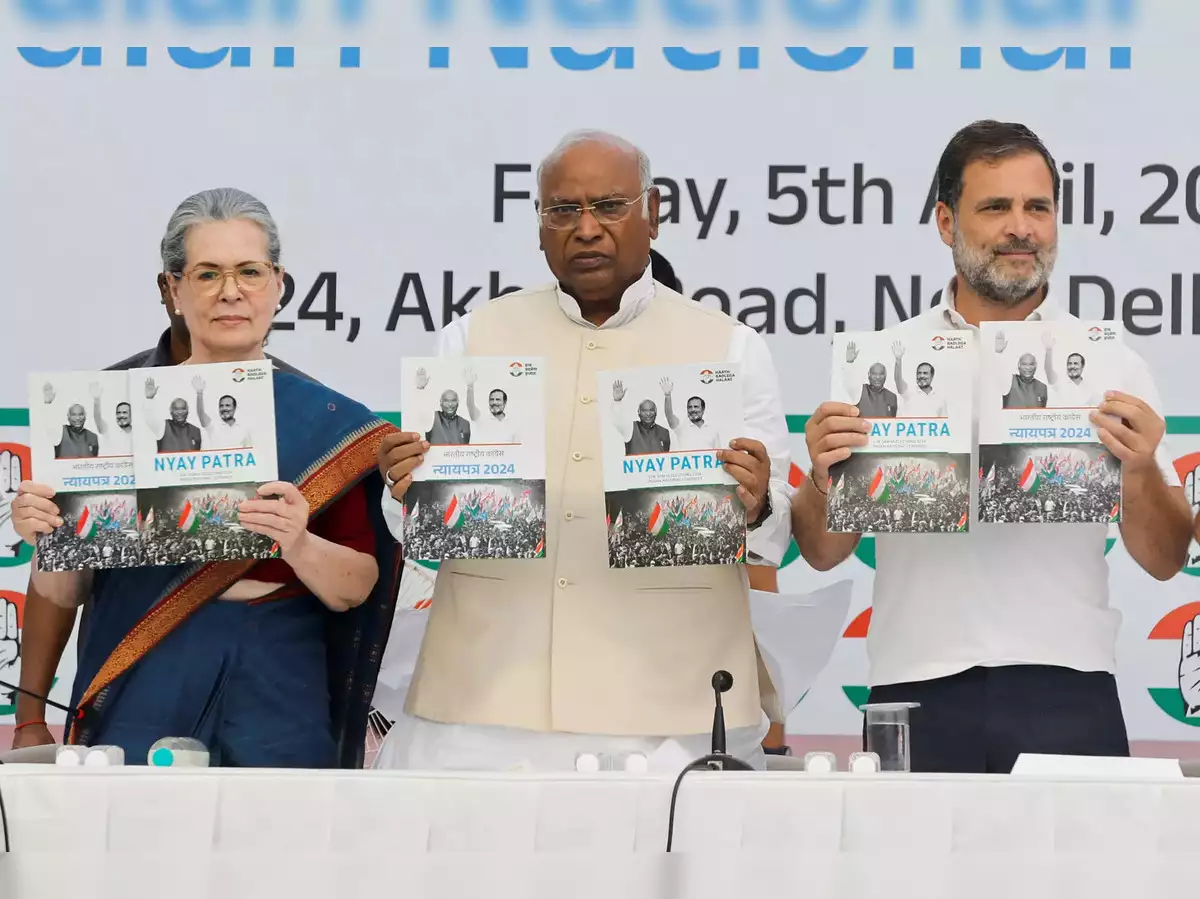- Agnipath recruitment scheme
- Congress criticism
- Model Code of Conduct
- Election Commission
- armed forces recruitment policy
Congress Defends Criticism of Agnipath Scheme, Cites Model Code of Conduct Allowance
On May 24, the Congress Party asserted that its criticism of the Agnipath recruitment scheme for the armed forces did not violate the Model Code of Conduct (MCC). The MCC permits criticism of other political parties regarding their policies, programmes, past records, and work.
This statement comes in response to a recent letter from the Election Commission to Congress president Mallikarjun Kharge. The Commission advised the party’s star campaigners to refrain from discussing operational matters of the defence forces and to avoid politicizing the armed forces.
Addressing a press conference, Congress’ ex-servicemen department chief Col. (retd.) Rohit Chaudhry accused Prime Minister Narendra Modi of leveraging the Election Commission for support. “Whenever Modiji gets into trouble, he looks for some support. Earlier, he used to hide behind the defence forces. Now he is taking the support of the Election Commission,” he said.
Col. Chaudhry emphasized that the armed forces are doing an excellent job in protecting the country, and the Congress was merely addressing changes in the government’s recruitment policy with the introduction of the Agnipath scheme.
The Agnipath scheme, introduced by the government, aims to recruit soldiers on a short-term contractual basis. Critics, including Congress, argue that the scheme could impact the long-term structure and morale of the armed forces.
Congress maintains that discussing and critiquing governmental policies, including those affecting the defence forces, is within their rights under the MCC. The party continues to emphasize the importance of transparent and sustainable recruitment policies for the strength and stability of the nation’s military.






